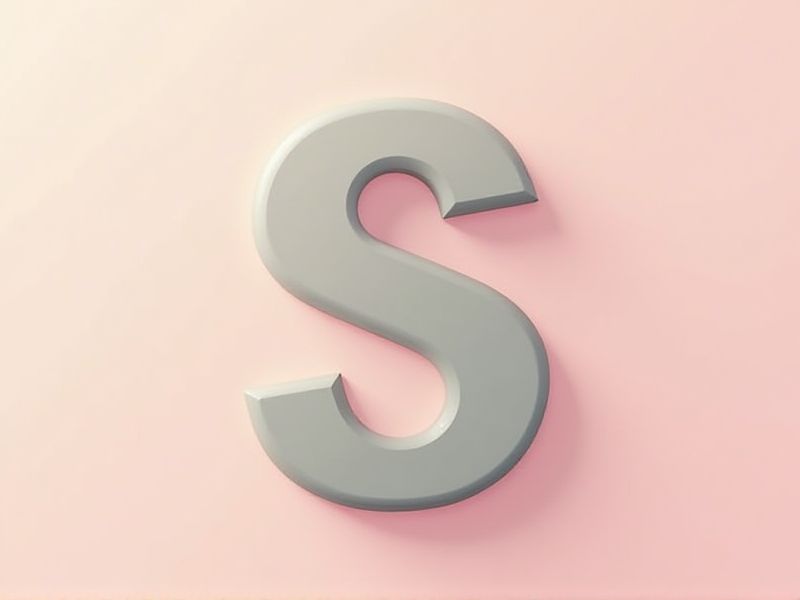
Creating a professional letter using Microsoft Word is simple and effective for clear communication. A well-structured letter includes key elements such as the sender's address, date, recipient's address, greeting, body, closing, and signature. Using Word's built-in templates can save time and ensure your letter looks polished. Additionally, proper formatting helps your message stand out and is easy to read. For your convenience, explore the variety of letter templates available in this article to find one that suits your needs.
Samples of letter format for word
Professional Letter Format For Word
Business Letter Format For Word
Personal Letter Format For Word
Formal Letter Format For Word
Informal Letter Format For Word
Cover Letter Format For Word
Complaint Letter Format For Word
Resignation Letter Format For Word
Invitation Letter Format For Word
Thank You Letter Format For Word
Reference Letter Format For Word
Recommendation Letter Format For Word
Announcement Letter Format For Word
Proposal Letter Format For Word
Acceptance Letter Format For Word
Apology Letter Format For Word
Letter Of Intent Format For Word
Letter Of Inquiry Format For Word
Letter Of Support Format For Word
Letter To The Editor Format For Word
Important Things to Know when Writing Letter Format For Word
Proper Header Alignment (Sender’S And Receiver’S Addresses)
Proper header alignment is crucial when formatting a letter in Word, as it establishes a professional appearance and ensures clarity. The sender's address should be positioned at the top left of the page, while the date follows shortly after, aligned with the sender's information. Next, the recipient's address should be placed below the date, ensuring it is left-aligned as well. This alignment not only enhances readability but also reflects attention to detail, which is important in any correspondence.
Appropriate Salutation And Closing Phrases
An appropriate salutation sets the tone for your letter, so it's crucial to tailor it to your recipient; for formal letters, "Dear Dr. Smith" or "Dear Ms. Johnson" are ideal. Your closing phrase should match the level of formality, with "Sincerely" or "Best regards" being common choices for professional correspondence. Including your name and title below the closing adds a professional touch while providing your reader with context about your role. Ensuring that both the salutation and closing are appropriately styled enhances the overall effectiveness and respectfulness of your message.
Clear Subject Line For Business Letters
A clear subject line is essential for business letters, as it immediately conveys the purpose of your communication. This brief statement allows the recipient to understand the context before delving into the details, enhancing efficiency in correspondence. When crafting your subject line, aim for clarity and conciseness, ensuring it encapsulates the main theme of the letter. A well-defined subject line sets a professional tone and helps prioritize your message among numerous communications.
Consistent Font Style And Size For Readability
Choosing a consistent font style and size is crucial for ensuring readability in your letter format in Word. A standard font like Arial or Times New Roman, typically set at 11 or 12 points, promotes clarity and professionalism. Maintaining uniformity not only enhances the visual appeal of your document but also aids in effective communication by making it easier for the reader to engage with the content. By prioritizing these formatting elements, you ensure that your letter is both accessible and aesthetically pleasing.
Correct Date Format And Spacing Throughout The Letter
Using the correct date format is essential in letter writing, as it ensures clarity and professionalism. Typically, you should place the date at the top of the letter, formatted in a standard style such as "October 15, 2023," or "15 October 2023." Adequate spacing is also crucial; maintain uniform margins and leave a line between the date, salutation, body, and closing to enhance readability. By paying attention to these details, your letter will convey a polished and organized impression.
